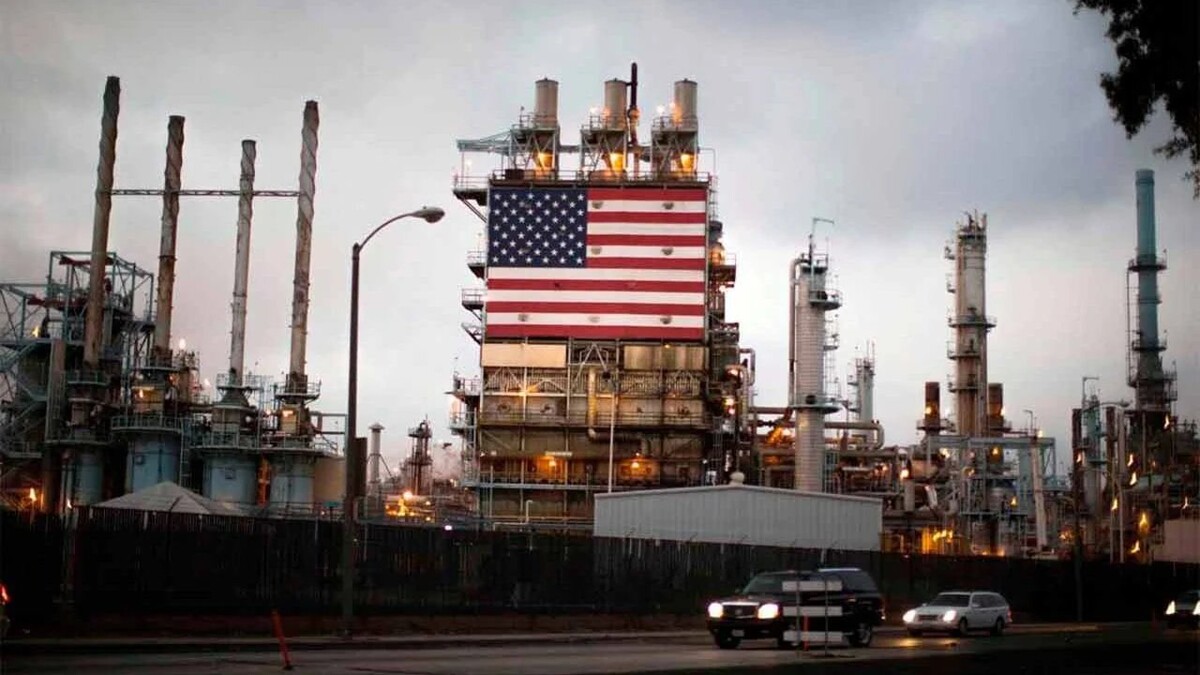
Oil production in the United States during Trump's presidency has been supported to expand, although experts point out that this will not generate immediate growth. WoodMac highlights that investment decisions still depend on capital returns for major exploration and production companies in the Lower 48 region. Additionally, the imposition of new tariffs under the Trump administration could induce greater cost inflation in the industry.
Simon Flowers, chief analyst at WoodMac, warns that Trump's reelection would mean a drastic shift in issues such as tariffs, climate policy, and international relations. A possible Republican government is expected to support fossil fuel production, but tariffs could result in additional costs for oil companies, impacting about a third of the expected growth in global oil demand by 2025.
Flowers suggests that if Trump returns to the White House, the decrease in global oil demand could lead to a drop in barrel prices. On the other hand, U.S. refiners could benefit from tariff protections, giving them an advantage over their international competitors. However, an Israeli attack on Iran's nuclear and oil infrastructure could radically change the landscape, increasing oil prices.
OPEC could play a key role in stabilizing oil markets. According to a Goldman Sachs report, a major Iranian supply disruption could drive Brent prices to $90 per barrel if OPEC responds quickly to the shortage. While tariffs threaten to slow global oil demand, the pro-energy policy of the U.S. could strengthen local producers in a volatile global market.
The future of the industry will depend on how these factors are balanced and the ability of international actors, such as OPEC, to address emerging challenges. A Trump administration could entail risks and opportunities for the oil sector, where OPEC's intervention could be crucial in determining oil prices in an uncertain scenario.














